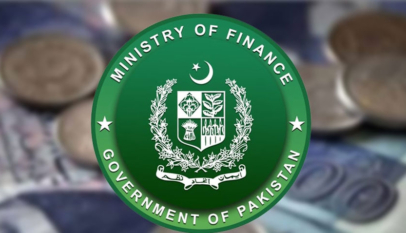
By Abdullah Jamal
Businesses in the present-day global economy have an obligation to keep ethical standards in all their supply chain. It is not easy to achieve this goal but it can be done.
The major challenge of establishing an ethical supply chain lies on clarity through the supply chain. The origin of raw materials should be traced and verified for compliance with ethical standards since they might have been sourced from many countries where there are several middlemen involved. Within complicated distribution networks environmental destructions, forced labor or even abuses of human rights may occur without the knowledge of any company involved thereby putting them at risk legally or damaging their reputation.
Again transparency is demanded beyond meeting regulations to what customers expect. People these days are more conscious about what they buy and therefore would want to know if the products are from a sustainable brand. In fact, businesses can lose clients if they do not show how much they care for where and how things have been made considering that we live during times of activism heightened by social media which gives power to consumers voices thus making companies responsible for every action taken by them.
However, there are opportunities within these adversities; such firms may use this chance as means towards proving themselves better than others while doing good things too so that people can buy from them instead of going elsewhere. One way through which organization may take advantage over its rivals is by ensuring there is transparency in what they do coupled with accountability especially on matters related to environmental conservation and sustainable development since this will help improve their public image attract more customers who share similar values towards nature protection.
Despite the challenges posed by establishing an ethical supply chain, it can also lead to business growth. However, creating and maintaining ethical supply chains calls for a multi-pronged strategy that addresses sourcing methods, corporate governance, risk assessment and stakeholder involvement.Companies need to infuse their decisionmaking processes with ethical factors and foster a climate of honesty and accountability across their entire organizations.
































































